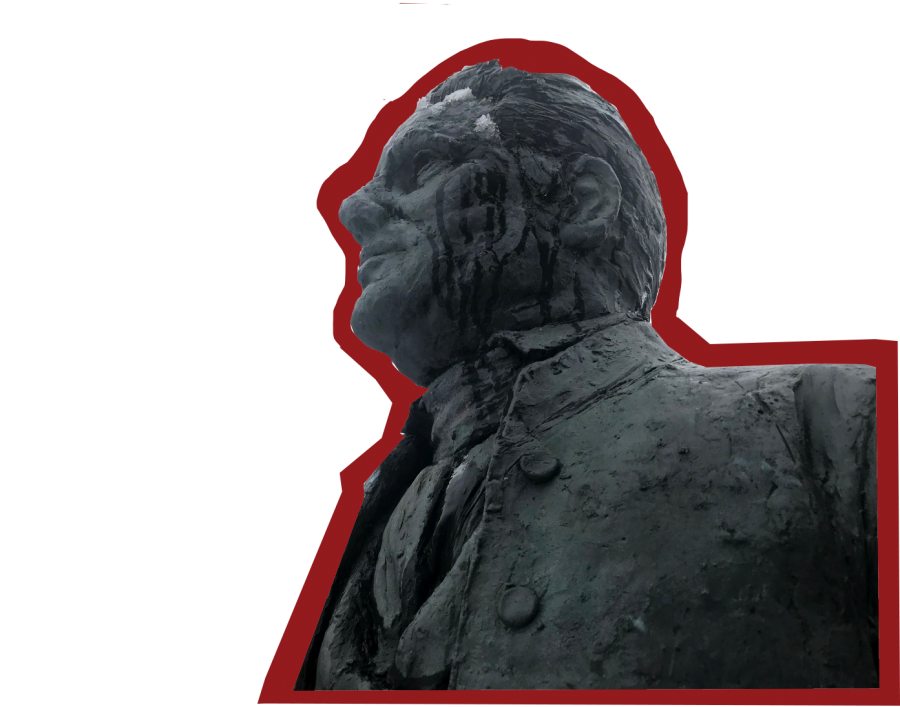R.E.S.P.E.C.T. the Piper way
Hamline’s Statement of Civility has been published
November 18, 2020
After months of drafting and feedback, Hamline University’s first Statement of Civility has been published.
On Oct. 2, 2020, Hamline shared the statement. It is intended to be a set of suggested guidelines on how the Hamline community should speak and treat one another when having difficult conversations and engaging in disagreement.
“I think more than anything, it is a call to action as well as a purpose around communication,” said associate vice president for inclusive excellence David Everett. “How do we lay the foundation for challenging conversations in a way that allows those conversations to be constructive versus combative?”
The drafting of this statement began through the Community Conversations that took place during the 2019-2020 school year that started after a video of a Hamline sports team was posted online featuring students singing a racial slur.
President Fayneese Miller and Hamline, as an institution, have always been interested in basing things off education rather than cancel culture. With that in mind, Everett and Director of Communications Jeff Papas began brainstorming a sort of code or statement to allow for difficult conversations to be had effectively.
“We were wondering how we could, as a community, how we could carry the premise and the engagement from the Community Conversations outside of the Community Conversations,” Everett said.
The process of drafting was done by Everett, Papas and David Schultz, a distinguished university professor in the political science and legal studies departments. They went through drafting, wordsmithing and rephrasing. Once it was at a point of satisfaction, it was shared with the Hamline community of students, faculty, staff, alumni and board members.
“We pretty much went back to the task of incorporating all those suggestions in a way that we felt did not compromise the initial purpose and motivation behind the statement but also reflected all of the input and suggestions and ideas that have been generated,” Everett said.
Part of the drafting process consisted of surveying other private and public institutions nationally to view their civility statements. Institutions with statements similar include Purdue University, Penn State University, University of Chicago and Northwestern University (IL).
The publishing of Hamline’s own has gained attention both locally and nationally from institutions and organizations.
As the nation just experienced yet another milestone in this notably eventful year, the election was not a specific reason for the drafting of this statement, though it is recognized we live in a highly polarized society currently.
“I don’t necessarily think the election was in mind when it came to crafting it. I think more than anything, in a much broader sense, society at large was kind of where we were going with this. Like, how can we create a space where challenging conversations can be had and held without folks feeling as though values are being minimized or opinions are being discounted or identities are being disrespected,” Everett said. “Obviously we can all own the fact that we are living in a really polarized time and so what can we do to bridge or connect some of that polarization in a way that allows folks to stay engaged and stay feeling as though they belong in our community and are valued by our community.”
In a couple of situations, the statement has already been utilized. When the George Floyd Scholarship was gaining some disrespectful criticism on social media, the Civility Statement was mentioned. Something Papas calls, “a good place to use it.”
The three who drafted it have hopes for what this statement could lead to both on campus and long term.
“I would love it if this is a conversation about this code that the board of trustees would have. About what it means to them,” Schultz said. “In my mind… [it is] my vision that maybe during orientation or during FYSem we have students talk about this and say what is this policy, what do these words mean to you?”
So far, they are satisfied with the statement, what has come from it and what can come from it in the future.
“How do we think about other statements or other policies that we can craft and draft that can be just as inviting and inclusive?” Everett said.
With that, they all recognize that this is a great start, but still is only that: a start.
“I don’t view it as a one time adopt it, pass it, put it on a bookshelf somewhere and let it die. I think it hopefully becomes part of an ongoing conversation for people to think about what do those rules mean,” Schultz said. “Maybe we can set a tone here that then becomes a tone for us past the university.”

